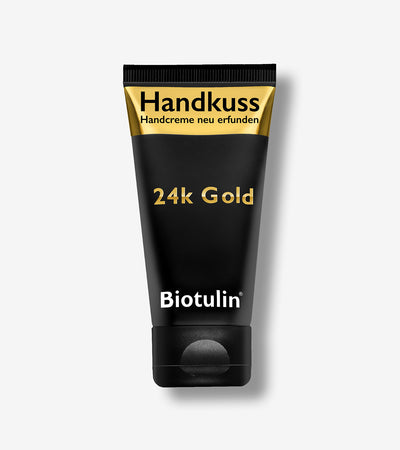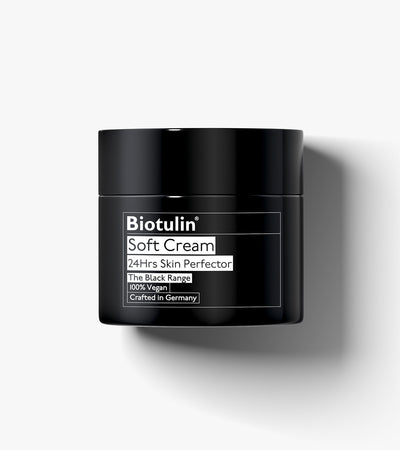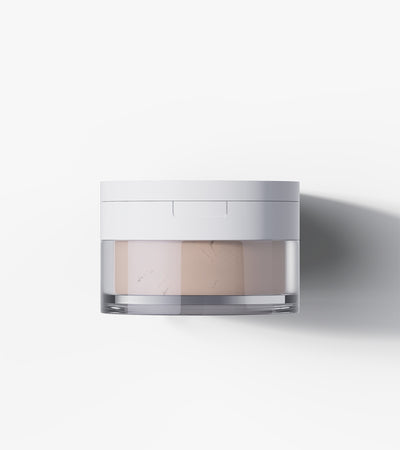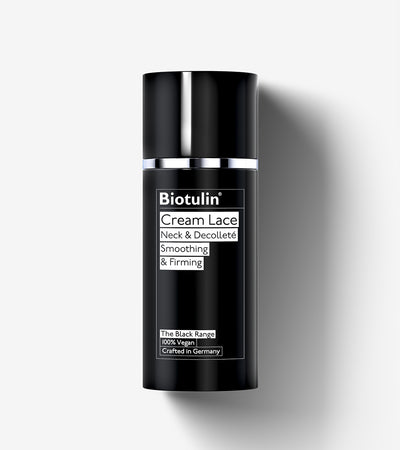Overview/Definition
Linalool is a naturally occurring terpene alcohol found in a wide variety of plants, including lavender, bergamot, jasmine, and rosewood. It is a colorless liquid with a pleasant, floral scent, which makes it a popular ingredient in fragrances and cosmetics. In skincare, linalool is valued for its multifaceted benefits, including anti-inflammatory, antimicrobial, and antioxidant properties. These characteristics make it a versatile component in various skincare formulations.
Linalool is extracted from essential oils through processes like steam distillation or cold pressing. Its chemical structure allows it to interact with skin cells, providing numerous benefits. One of its primary functions in skincare is to soothe and calm the skin, making it particularly useful for those with sensitive or irritated skin. Additionally, linalool's antimicrobial properties help to combat acne-causing bacteria, making it an effective ingredient in acne treatments.
The antioxidant properties of linalool are another significant advantage. Antioxidants neutralize free radicals, which are unstable molecules that can damage skin cells and contribute to premature aging. By incorporating linalool into skincare products, manufacturers can enhance the skin's natural defenses against environmental stressors, such as UV radiation and pollution. This helps to maintain a youthful and healthy complexion.
Linalool is also known for its ability to enhance the absorption of other active ingredients in skincare formulations. This means that when linalool is included in a product, it can help other beneficial compounds penetrate deeper into the skin, increasing their effectiveness. This synergistic effect makes linalool a valuable addition to many skincare products, from moisturizers to serums and cleansers.
Despite its many benefits, it is important to note that linalool can be a potential allergen for some individuals. Those with sensitive skin or a history of allergies should perform a patch test before incorporating products containing linalool into their skincare routine. Overall, linalool is a powerful and versatile ingredient that offers a range of benefits for the skin, making it a popular choice in the cosmetics industry.
Function in Skincare
Linalool serves multiple functions in skincare, primarily acting as an anti-inflammatory, antimicrobial, and antioxidant agent. Its key roles include:
- Anti-inflammatory: It helps to reduce inflammation and soothe irritated skin, making it beneficial for sensitive skin types.
- Antimicrobial: It combats acne-causing bacteria, helping to prevent and treat breakouts.
- Antioxidant: It neutralizes free radicals, protecting the skin from environmental damage and premature aging.
- Enhances Absorption: It improves the penetration of other active ingredients, increasing their effectiveness.
Skin Type Suitability
Linalool is suitable for most skin types, but it is particularly beneficial for:
- Sensitive Skin: Its anti-inflammatory properties help to soothe and calm irritated skin.
- Acne-Prone Skin: Its antimicrobial properties help to combat acne-causing bacteria and prevent breakouts.
- Aging Skin: Its antioxidant properties help to protect the skin from environmental damage and premature aging.
Benefits
The specific benefits of linalool in skincare include:
- Reduces inflammation and soothes irritated skin.
- Combats acne-causing bacteria and prevents breakouts.
- Protects the skin from environmental damage and premature aging.
- Enhances the absorption of other active ingredients, increasing their effectiveness.
Scientific studies have shown that linalool's anti-inflammatory and antimicrobial properties make it an effective ingredient in skincare. For instance, a study published in the Journal of Agricultural and Food Chemistry demonstrated that linalool has significant anti-inflammatory effects, making it beneficial for sensitive and irritated skin. Additionally, research published in the Journal of Essential Oil Research found that linalool exhibits strong antimicrobial activity against various bacteria, including those that cause acne.
Potential Side Effects or Risks
Linalool is generally considered safe for topical use, but it can be a potential allergen for some individuals. Possible side effects and risks include:
- Allergic Reactions: Some people may experience allergic reactions, such as itching, redness, or hives, when using products containing linalool.
- Skin Irritation: In rare cases, linalool may cause mild skin irritation, especially in those with sensitive skin.
It is recommended to perform a patch test before incorporating new skincare products containing linalool into your routine to check for any adverse reactions.
Usage in Skincare Products
Linalool is commonly found in a variety of skincare products, including:
- Moisturizers
- Serums
- Cleansers
- Toners
- Acne treatments
The concentration of linalool in skincare products typically ranges from 0.1% to 1%. Higher concentrations may be used in specialized treatments, but it is essential to follow the manufacturer's guidelines to avoid potential irritation.
How it’s used
To incorporate linalool into your skincare routine, follow these best practices:
- Morning and Evening Use: Apply products containing linalool in the morning to protect against environmental damage and in the evening to support skin repair.
- Layering: Layer products with linalool with other anti-inflammatory and antioxidant ingredients, such as vitamin C and green tea, for enhanced benefits.
- Frequency of Use: Use products containing linalool daily for optimal results.
Scientific Studies/Research
Numerous scientific studies have demonstrated the efficacy of linalool in skincare. Some notable research includes:
- A study published in the Journal of Agricultural and Food Chemistry showed that linalool has significant anti-inflammatory effects, making it beneficial for sensitive and irritated skin. Read more.
- Research published in the Journal of Essential Oil Research found that linalool exhibits strong antimicrobial activity against various bacteria, including those that cause acne. Read more.
Other Names/Synonyms
Linalool may appear under various names on product labels, including:
- Linalol
- 3,7-Dimethyl-1,6-octadien-3-ol
- Beta-Linalool
Sustainability/Environmental Impact
Linalool can be sustainably sourced from natural plant extracts. When choosing skincare products containing linalool, look for certifications such as:
- Vegan
- Cruelty-free
- Organic
These certifications ensure that the ingredient is ethically sourced and environmentally friendly.
Fun Facts
Some interesting facts about linalool include:
- Linalool is a major component of lavender oil, which is known for its calming and relaxing properties.
- It is used in aromatherapy to reduce stress and anxiety.
- Linalool is also used in the food industry as a flavoring agent in various products, including beverages and candies.






